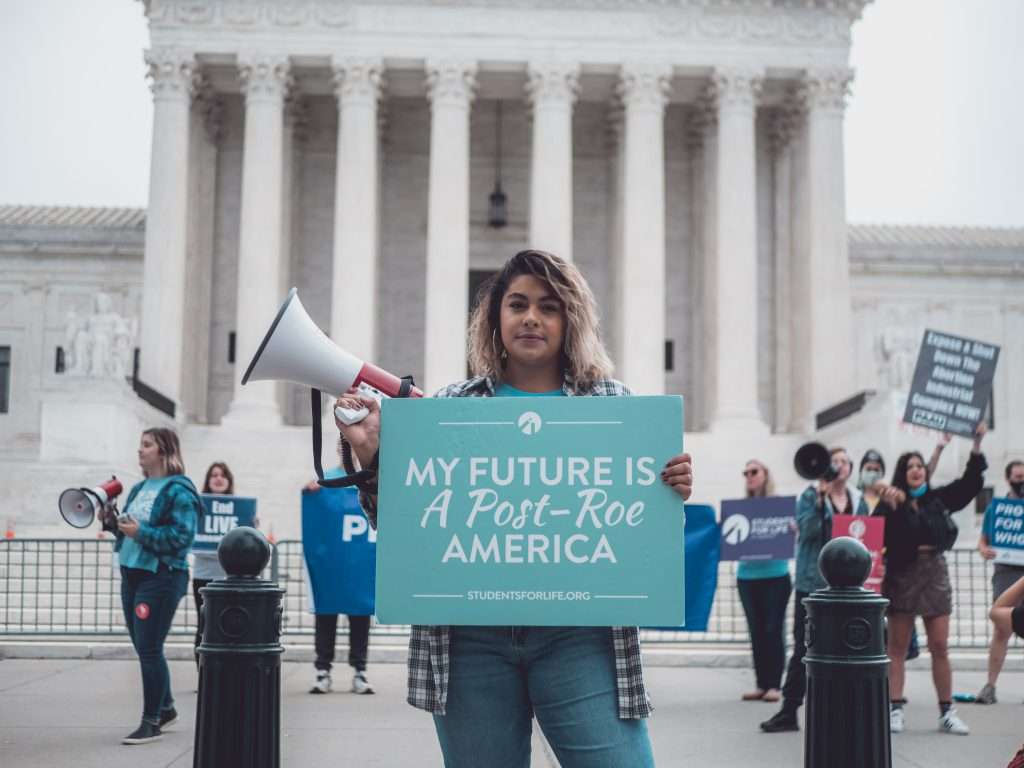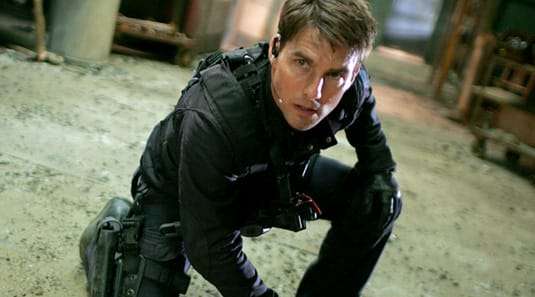
“Freedom is the right of all sentient beings.” — Optimus Prime (Transformers, 2007)
Hollywood’s promotion of woke agendas has not gone unnoticed, especially when it comes to the original production works of streaming services such as HBO Max or Netflix. However, since the age of COVID, box office earnings and streaming numbers confirm there is a cultural hunger for stories that lift and affirm traditional values.
Even in an age when overtly “woke” themes dominate many studio productions, pro-life values hide in many beloved modern films. Especially from the past 30 years, an unprecedented selection of mainstream and faith-based films that affirm the dignity of life, the beauty of sacrifice, and the importance of family have often unintentionally become powerful pieces of reflective art for the Culture of Life.

Many of the most powerful pro-life messages in cinema don’t come from explicitly Christian films. Instead, they emerge in places audiences least expect—science fiction adventures, superhero cinematic universes, and animated epics, such as How to Train Your Dragon, The Transformers, The Lord of the Rings, and Star Wars, to name a few examples. These stories, when viewed with the eyes of faith, reveal values that reflect our deepest convictions.
Hollywood’s Unintentional Pro-Life Trend
Other films like Top Gun: Maverick, No Time to Die, Avatar: The Way of Water, and the latest iterations of Mission: Impossible have resonated not just because of their spectacular action sequences, splendid set pieces, or special effects, but because they chose to present to their audience a timeless story that elevates a timeless value: Life.
Tom Cruise’s Mission Impossible character Ethan Hunt, for example, continually risks his own life to save others, placing the people of this world, regardless of who they are, above protocol and loyalty above mission. He’s labeled constantly through all eight films as reckless and rogue for doing so, but we in the pro-life movement know that label well.

Like Ethan, pro-lifers are branded as extreme, dangerous, or anti-progress. And yet, it was this very movement that accomplished the first phase of what was once deemed impossible: reversing Roe v. Wade, defunding Planned Parenthood in key states and for one year through federal budget reconciliation, and continuing the extended mission of rebuilding a Culture of Life.
Star Wars Prequel Trilogy
“It matters which side we choose. Even if there will never be more light than darkness. Even if there can be no more joy in the galaxy than there is pain. For every action we undertake, for every word we speak, for every life we touch—it matters. I don’t turn toward the light because it means someday I’ll ‘win’ some sort of cosmic game. I turn toward it because it is the light.” Qui-Gon Jinn (Star Wars: Master and Apprentice, 2019).
The Star Wars Prequel Trilogy, beloved by a generation and grossing over $3 billion, is more than visual spectacle—it’s a story of moral conviction, fatherhood, and unseen potential.
Qui-Gon Jinn discovers Anakin Skywalker, a gifted nine-year-old slave, and frees him, seeing promise where others saw risk. His belief in Anakin, despite the Jedi Council’s rejection, reflects a father’s love, unbothered by societal expectation. In the iconic Duel of the Fates, Qui-Gon fights not just evil, but for the future of two sons—Anakin and Obi-Wan.

After Qui-Gon’s death, Obi-Wan mentors Anakin, offering brotherhood in place of paternal warmth. Anakin later passes this legacy to Ahsoka Tano, training her with love and loyalty.
Beneath the lightsaber battles and galactic politics, the trilogy explores spiritual themes—self-sacrifice, redemption, and faithfulness amid institutional failure. In this way, The Star Wars Prequels reflect the pro-life ethos: seeing value in the smallest and weakest-standing firm in the roots of tradition even when those who say they follow it tell you to look away.
Transformers Series: Optimus Prime and the Call to Sacrifice
“With the All Spark gone, we cannot return life to our planet. And Fate has yielded its reward: a new world to call ‘Home’. We live amongst its people now, hiding in plain sight, but watching over them in secret; waiting, protecting. I have witnessed their capacity for courage, and though we are worlds apart, like us, there is more to them than meets the eye.” Optimus Prime (Transformers 2007).
The Transformers live-action films, particularly the original 2007 movie and its third entry (Dark of the Moon), offer an unexpected yet profound pro-life message through the characters of Optimus Prime, Bumblebee, Ironhide, Ratchet, and the Autobots. As leaders of these sentient robotic organisms, Optimus and the Autobots continually risk their lives and the survival of their own species to defend a planet that is not even their own.
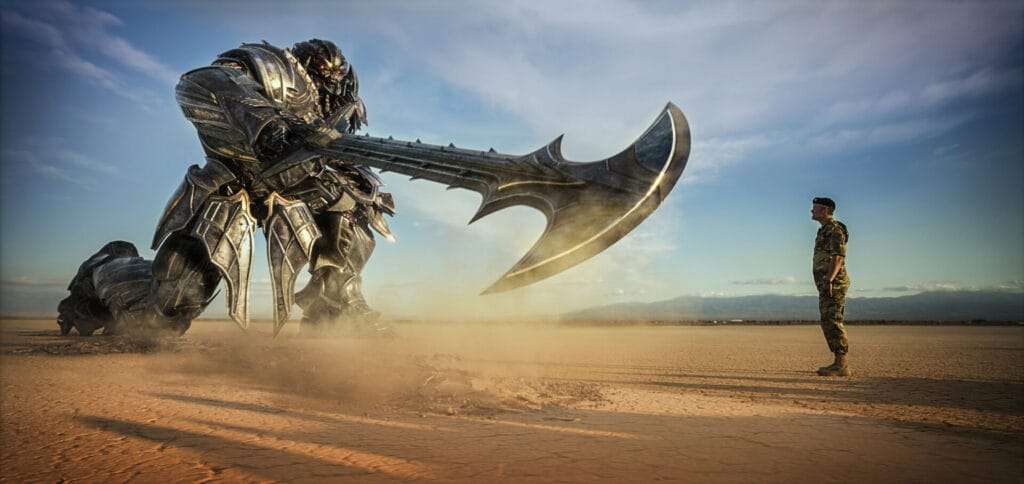
Optimus Prime famously declares in the original 2007 live-action, “Freedom is the right of all sentient beings.” This belief drives every action and decision he takes. The Autobots have never had an obligation to protect humanity from the franchise villains, the Decepticons. Earth was never their home. Yet they choose to stay, fight, and even die to protect human lives from destruction.
Optimus and the Autobots embody the ideal of self-giving love: the willingness to lay down one’s life for the good of others. They protect the innocent, stand against tyranny, and inspire hope in the darkest moments. In the events of Dark of The Moon, after the death of his second in command, Optimus Prime chose to stand for Earth against monumental odds. In a world where culture often celebrates power without restraint, Optimus Prime and the Autobots remind us of a greater truth: that authentic leadership serves and true freedom must be defended, even at a significant cost.
Faith-Filled and Family-Centered Films That Celebrate Life
And amongst these great films and sagas, we are given many more cinematic entries into fantastic universes and real-life tales that, all the while, continue to spread the pro-life movement’s values.
The Chronicles of Narnia: The Lion, the Witch and the Wardrobe (2005)
The Pevensie children, led by Aslan (a Christ figure), learn that all life is sacred upon discovering a world that is not their own. Aslan’s sacrificial death for Edmund echoes Christ’s love for even those who have sinned.
Pro-Life Theme: Redemption and the sanctity of all Life, even the guilty.
The Chronicles of Narnia: Prince Caspian (2008)
Through unity in persecution, Prince Caspian and the Pevensies fight evil amidst hopelessness.
Pro-Life Theme: Enduring in the face of cultural exile.
The Chronicles of Narnia: The Voyage of the Dawn Treader (2010)
Edmund and Lucy unite with King Caspian and their cousin Eustace to track and defeat a dark force that uses the temptation of sin as its primary weapon.
Pro-Life Theme: Temptation gives empty promises, while the light grants true purity.

I Still Believe (2020)
The real-life story of the early years of Jeremy Camp and his wife, Melissa, showcases the beauty of marriage and sacrificial love in the face of terminal illness.
Pro-Life Theme: Marriage as a lifelong, life-giving covenant.
Miracles from Heaven (2016)
A mother fights to save her daughter with a rare illness, ultimately finding strength in faith and family.
Pro-Life Theme: Motherhood, perseverance, and divine providence.
Playing with Fire (2021)
John Cena’s firefighter character, along with his crew, adopts three orphaned children, building a new family from the ashes.
Pro-Life Theme: Adoption, fatherhood, and forming a family through love.
The Wild Robot (2024)
A sentient robot adopts a hatchling goose and rewrites its AI code into a “motherhood matrix” to raise the hatchling.
Pro-Life Theme: Nurturing life, even in the most unlikely places.
White Bird: A Wonder Story (2024)
A Jewish girl is hidden during WWII by a French family.
Pro-Life Theme: Every human life is sacred, regardless of circumstance.
The Lion King (1994)
Mufasa teaches Simba the responsibilities of kingship, manhood, and sacrifice.
Pro-Life Theme: Fatherhood, destiny, and moral legacy.
Man of Steel (2013)
Raised by his incredible human parents, Kal-El (Superman), seeks truth and answers from his father Jor-El, and follows the advice of a Catholic priest, who determines his decisions in defeating General Zod.
Pro-Life Theme: Identity, adoption, faith, and sacrificial heroism.
Karate Kid Saga
Mr. Miyagi and Mr. Han train young boys to seek justice and peace through discipline, not revenge, who then pass on their teachings to future generations.
Pro-Life Theme: Transformation, mentorship, and choosing peace.
Conclusion: The Story We All Long for in America and the World
Whether it’s Autobots fighting to protect strangers, people taking on impossible missions, Jedi warriors believing in others, or mothers waging war against hopelessness, these stories, and a great many others, echo the timeless truth that every Life matters, no matter how small it is or what its beginnings were.
In a culture increasingly confused about what is good, beautiful, and true, the most enduring stories remain those that lift up the lowly, protect the innocent, and call us to give everything for those we love. This fall, cozy up and explore even more pro-life movies we’ve compiled for you here.
EXPLORE: PRO-LIFE MOVIES
That’s the mission of the pro-life movement. And whether Hollywood means to or not, many of its most beloved films affirm it beautifully.
READ NEXT: Fantastic Four: First Steps or First PRO-LIFE Steps?
Share this post
Recent Posts
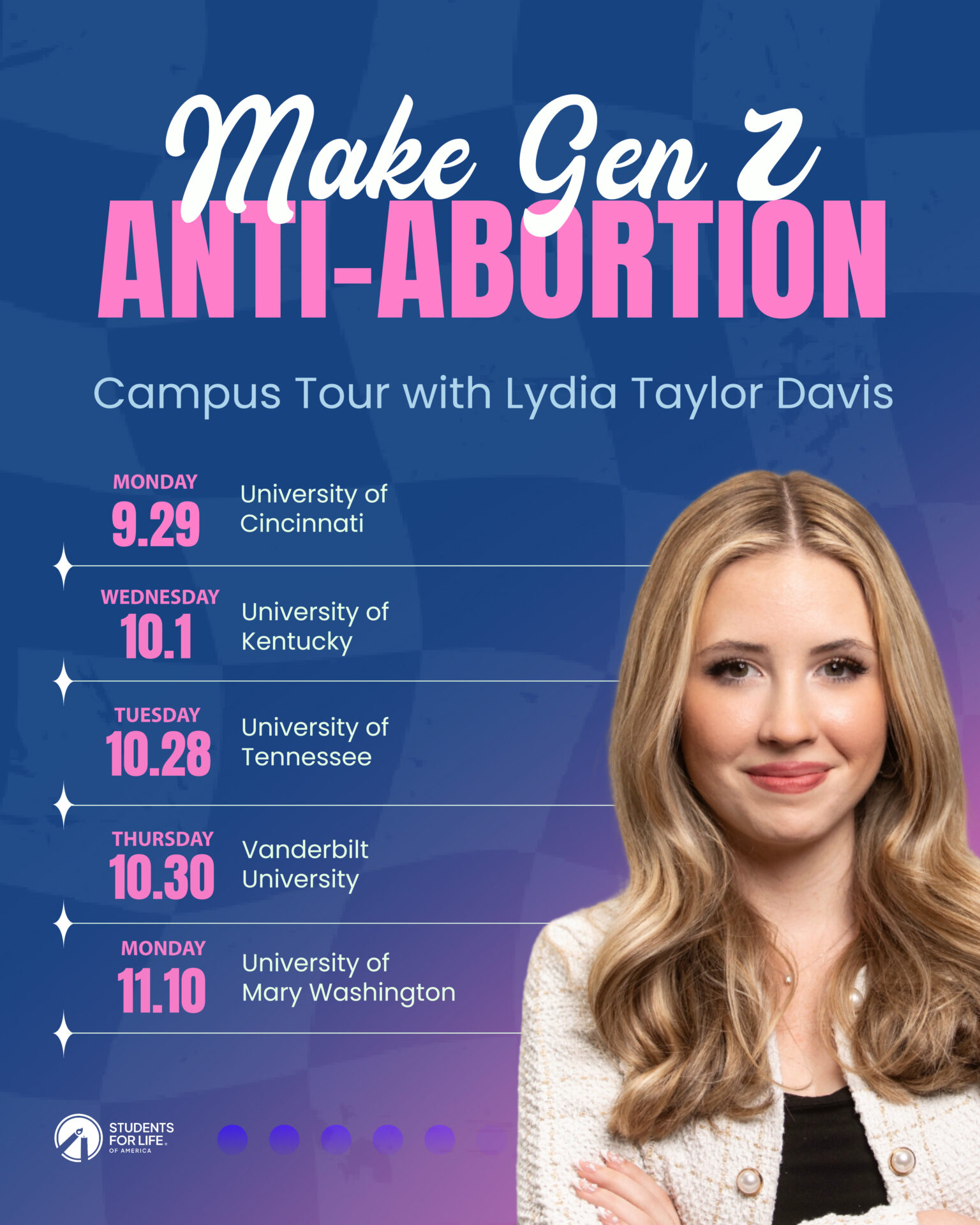
Lydia Taylor Davis Kicks Off ‘Make Gen Z Anti-Abortion’ Campus Tour
11 Feb 2026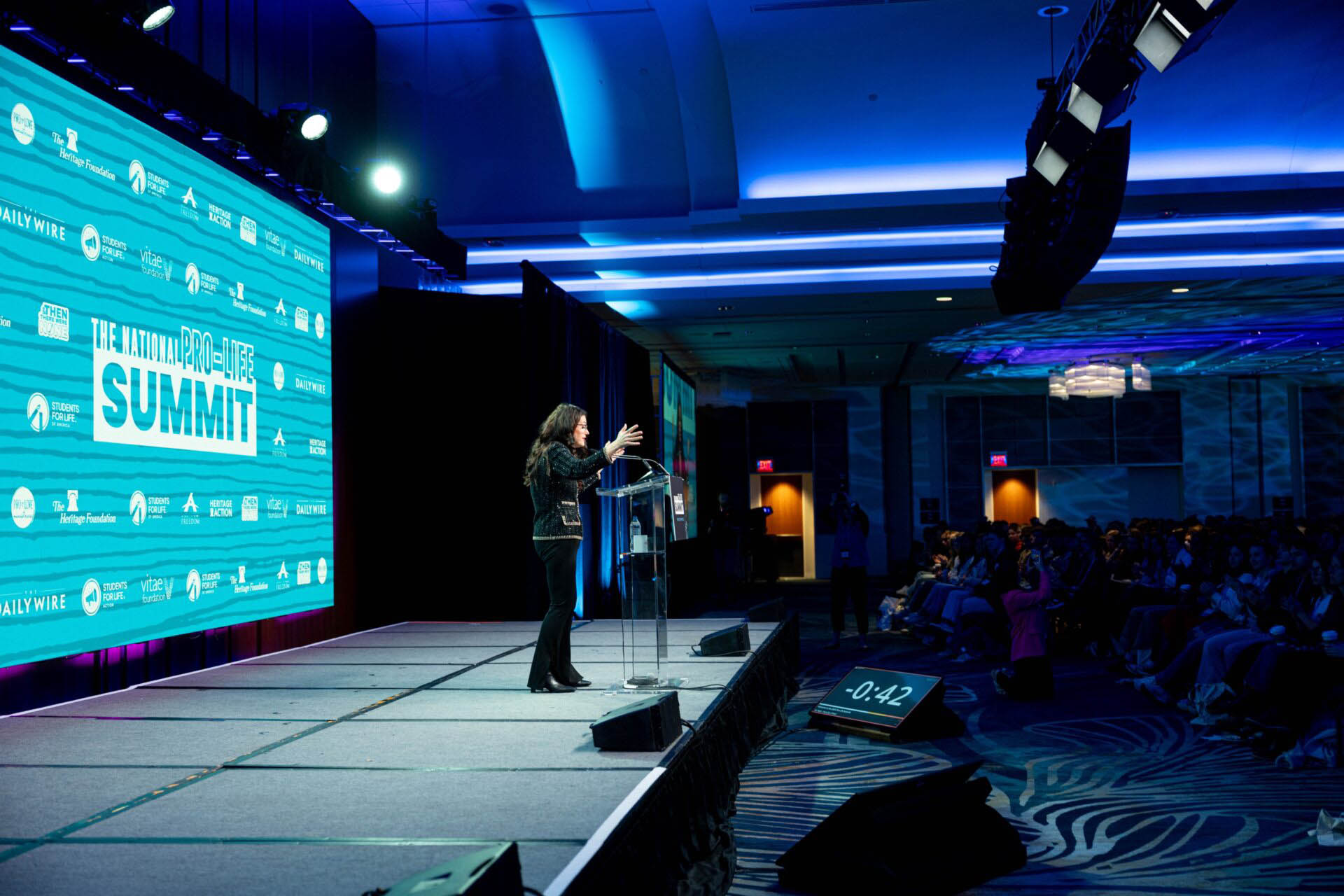
WATCH: Can’t-Miss Moments from First-Ever Abortion Debate Showdown
05 Feb 2026
BABY SAVE: How an SFLA Rep Helped a Woman Choose Life
03 Feb 2026